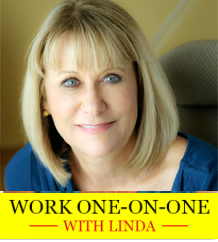Here in Maryland, in the backyard of my new home, the leaves are just beginning to fire up with color. Back in California, in the yard of the home I’ve left behind and haven’t sold yet, a thick layer of smoke obscures the view of the mountains from my living room windows. In the mornings, my neighbors’ cars have ash on the windshields, instead of dew.
Ninety miles north, from Santa Rosa across to the Alexander Valley, rage wildfires that are not metaphorical, as are the flames of the trees in Maryland. Backed with fifty mile an hour winds, the fires of Northern California have gorged themselves on neighborhoods and businesses and summer camps and green vines. On well over a hundred thousand acres. On dogs and cats, cattle and horses. On people.
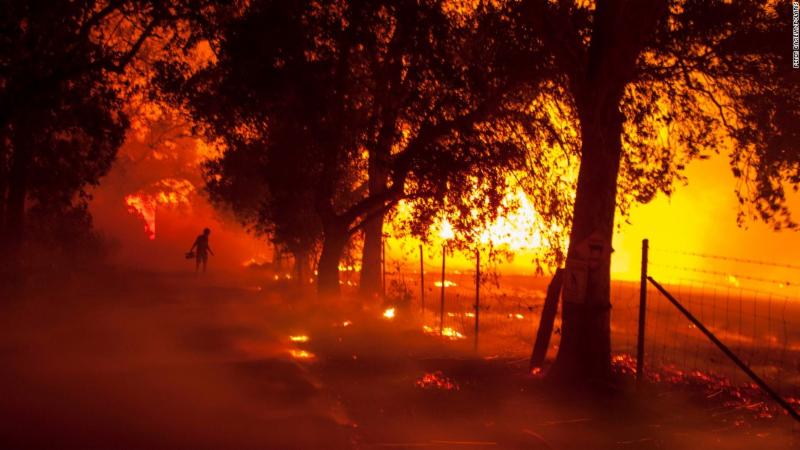
With a tragedy like this–and one that continues still, as at the time of this writing the fires are not yet contained–I can’t help but feel my roots tug at me, despite the fact that I am 3,000 miles away, and even though they are roots I didn’t really know I had. Prior to my move to California twenty-eight years ago, Boston was my home, as I spent my childhood there, and stayed until my first husband’s business school graduation. My children were born in New York, where we lived for the following five years. I thought those thirty-three years on the East Coast had pretty well defined me and so considered myself a mere transplant to the Bay Area of San Francisco. I’ve discovered this week, however, that there’s more California in me than I ever realized. And not just because I am a bit homesick–despite learning how to navigate my new hometown of Annapolis, and enjoying lots of “sister time.”
During my California years, I spent quite a few long weekends in the wine country, which is one of the most beautiful places I’ve ever been, on a par with the landscapes of Italy and France–and less than a two hour drive away. Brad and I loved to speed over the roads that wound between the hills and valleys of the vineyards, watching row upon row upon row of grapes unfurl before us.
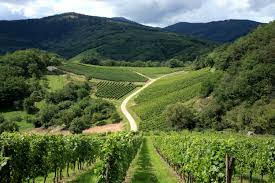
We spent our honeymoon in the Sonoma Valley, at a small inn that modeled itself after a Tuscan villa, complete with outdoor soaking baths bordered by gardens of rosemary and thyme. It stood shoulder-to-shoulder with a very small family-owned vineyard that became one of my favorite wineries and which has now been destroyed.
One of my nearest and dearest friends lives in Calistoga, which has been entirely evacuated. She and her dog are on the move from place to place and I don’t know exactly where they are. Another close friend is in Sebastopol, on high alert for evacuation; four families to whom she is close have had their homes burned to the ground, and she has taken one in, so that they will not be shelter vagabonds, even as she herself waits to learn whether she must leave.
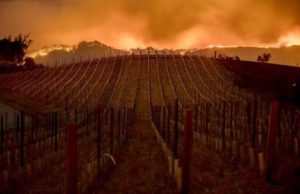
Both of my friends email me to say they are okay, but still I worry. What it must be like for them? How must it be to wonder about leaving everything behind while fleeing, or whether anything will be there to return to when they are allowed back into their ravaged neighborhoods? But still, so far, they are the lucky ones.
Last night I got an email from the husband of one of my best friends, whose son is a firefighter on the line in the Tubbs firestorm, which has destroyed much of Santa Rosa. In the short down-time their son was allowed after several days working all-out against the walls of flames, he texted his parents: “now I know what hell looks like.”
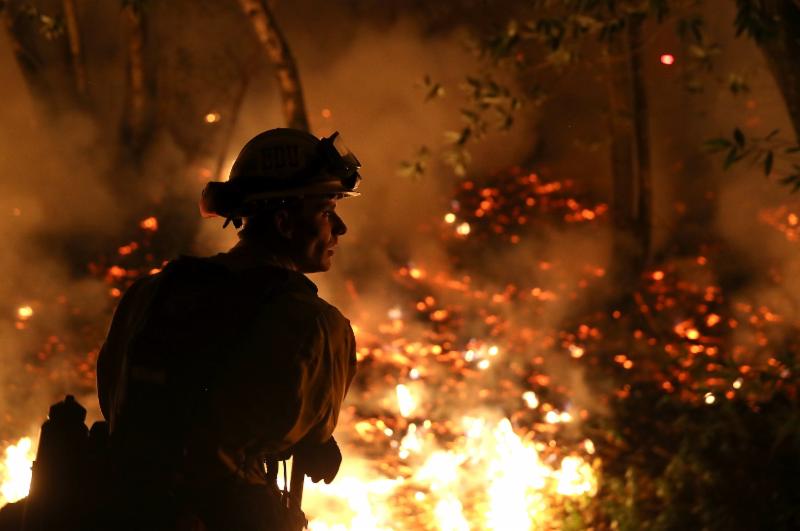
Another friend from the place I still call home has been posting regularly on FaceBook about the fires, at one point even including a video about a couple who ran back into a danger zone to try to rescue their many dogs, who were still locked in the house, because the family had had no warning and only minutes to flee. They failed; the dogs died; the story was wrenching. After a few days of her frequent reporting on the ever-increasing strength of the wildfires, my friend was criticized by one of her followers in another part of the country: enough already, the writer declared. Apparently, empathy is in short supply in some quarters.
Disturbed (and outraged) to hear of that inhumane exchange, I wondered how it was possible not to understand what was at stake here. Over 40 dead, over 250 reported missing (how many of those will ever be found alive at this point?), over hundreds of acres of homes and communities and businesses and wineries and vineyards burned to the ground. These wildfires are the very worst in California’s history, rendering much of this unique part of the country desolate and uninhabitable. Though I have no doubt the area will eventually rise once more, the climb back to health will be an arduous one. Many will suffer for a long time.
I pray for everyone who lives among those hills that were so green. Perhaps you, my readers, can take a minute to pause and send a silent word of support to those whose world has gone gray–as well as to the men and women who continue to hold the line against the smoke and flame, breathing through face masks and shouldering hoses hour after hour, day after day.
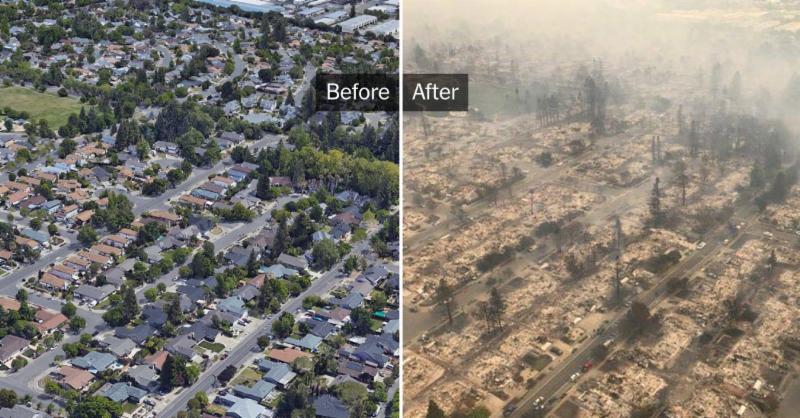
It’s the “human” thing to do.
Yours,
Linda
Have a comment or feedback? Talk to Linda!

